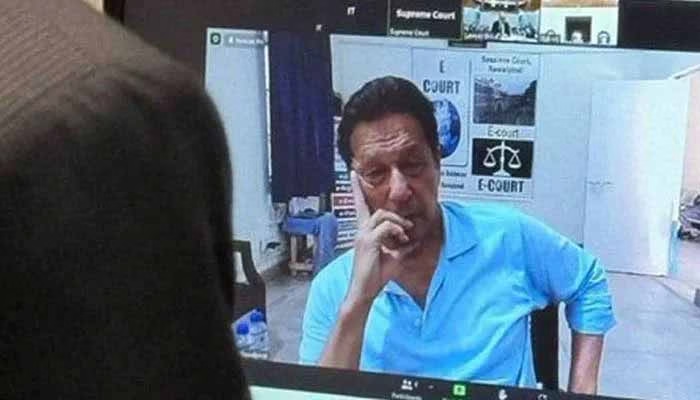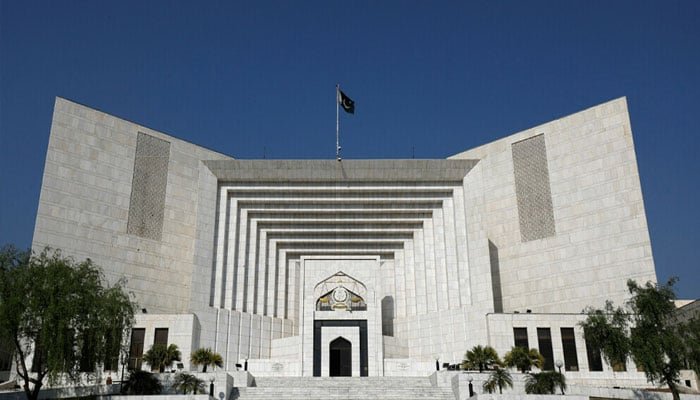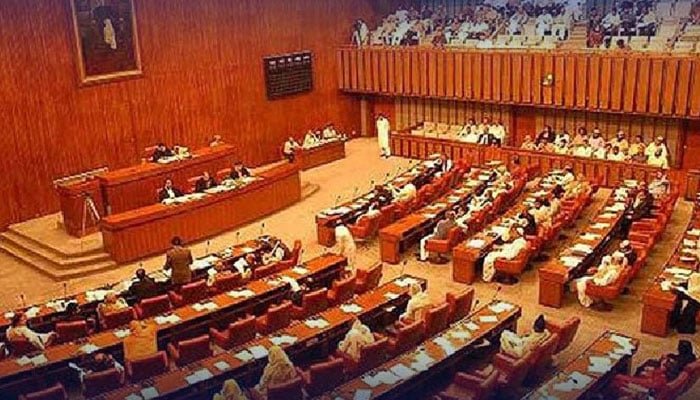PTI leader and former provincial minister Taimur Jhagra has raised serious concerns regarding his own party’s provincial government and the Internal Accountability Committee’s (IAC) actions against him. In a written response to the committee’s questionnaire, Jhagra expressed a lack of confidence in the committee, calling the questionnaire biased and politically motivated.
Taimur Jhagra Questions PTI’s Internal Inquiry
Taimur Jhagra asserted that the accountability process against him is unjust, pointing out discrepancies in how financial scrutiny is being conducted within the party. He questioned why the committee has overlooked the financial dealings of the Khyber Pakhtunkhwa (KP) Chief Minister, who has declared assets worth approximately Rs 100 million but reportedly spent Rs 750 million on the party within a year.
He maintained that if the committee reaches any conclusion on his case, it will be deemed suspicious and unreliable. Jhagra also revealed that PTI’s founder had personally asked for his inclusion in the KP cabinet, but the Chief Minister insisted on his clearance by the Internal Accountability Committee. He claimed that the Chief Minister repeatedly raised corruption allegations against him without substantiated evidence.
PTI Accountability Committee Seeks Response from Taimur Jhagra Over Rs 36 Billion Embezzlement Allegation
The PTI’s Internal Accountability Committee has accused Taimur Jhagra of severe financial mismanagement during his tenure as KP’s Finance Minister. The committee’s questionnaire alleges that the province faced financial instability multiple times under his leadership and that Rs 36 billion was withdrawn from pension and gratuity funds without proper justification.
Jhagra has been asked to explain why funds released from the Health Department were not verified by the Finance Department, along with allegations of irregular appointments within his department, some of which allegedly involved his relatives. Additionally, the committee has questioned the province’s financial burden under his tenure, including fraudulent loan transactions in the Bank of Khyber and violations in the appointment of the bank’s Managing Director.
Unanswered Questions on KP Government’s Performance
Taimur Jhagra has also pointed fingers at the KP government, questioning its failure to launch inquiries into crucial issues such as:
- The events of May 9, despite the PTI founder’s request.
- Electoral rigging complaints.
- The mismanagement of the free flour distribution program.
Moreover, he questioned why hospitals that did not meet standards were included in the health card scheme and why crucial medical equipment provided by the UN during the COVID-19 pandemic remains unused. Jhagra also highlighted concerns over the failure of the foreign-funded Human Capital Investment Project and the rise in polio cases in KP under the current government.
PTI’s Internal Conflict Intensifies
Jhagra has stated that he does not wish to be a part of the provincial cabinet but will present his responses directly to PTI Chairman Barrister Gohar and the party’s central general secretary. His statements have fueled internal conflicts within PTI, raising concerns about the party’s internal accountability mechanisms and financial transparency.
The ongoing friction between PTI leadership and Taimur Jhagra underscores deeper governance challenges within the party. The outcome of this controversy will be critical in shaping PTI’s internal accountability narrative and its approach to financial oversight in the future.
As the investigation unfolds, political analysts believe that PTI’s internal accountability process could either strengthen its governance credibility or expose deeper rifts within the party. Whether Taimur Jhagra will successfully defend himself against the allegations remains to be seen.



